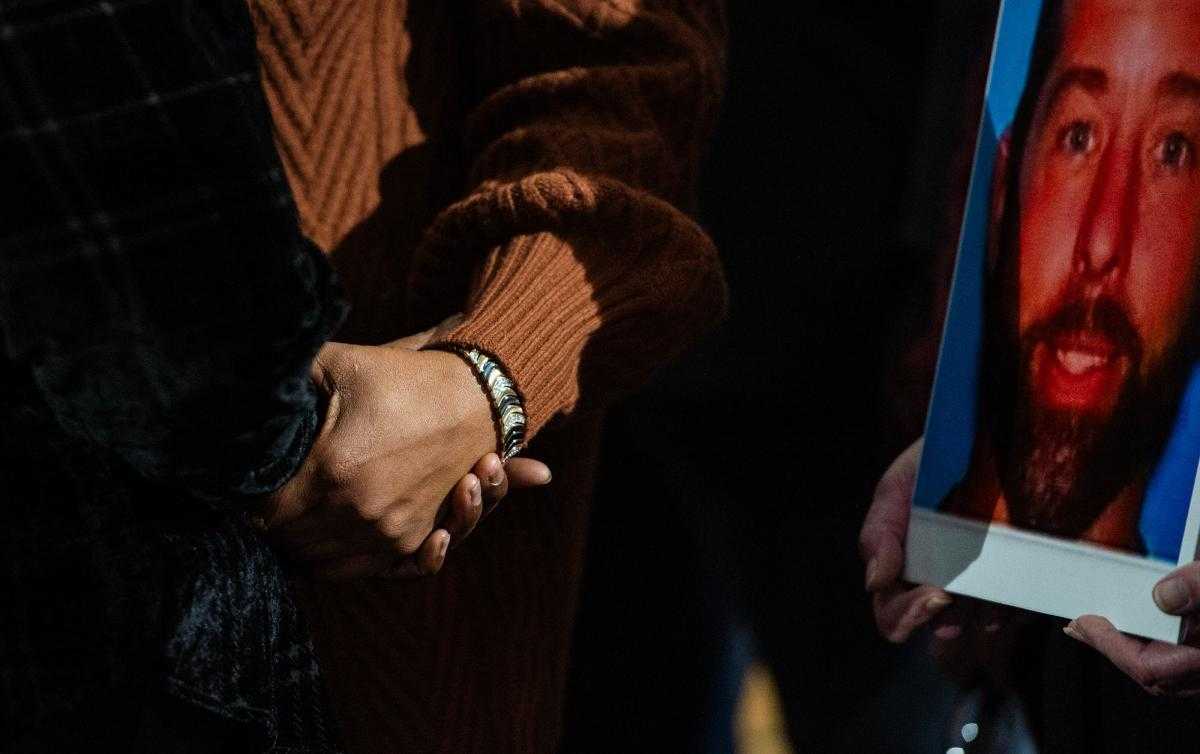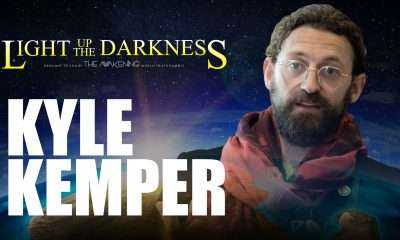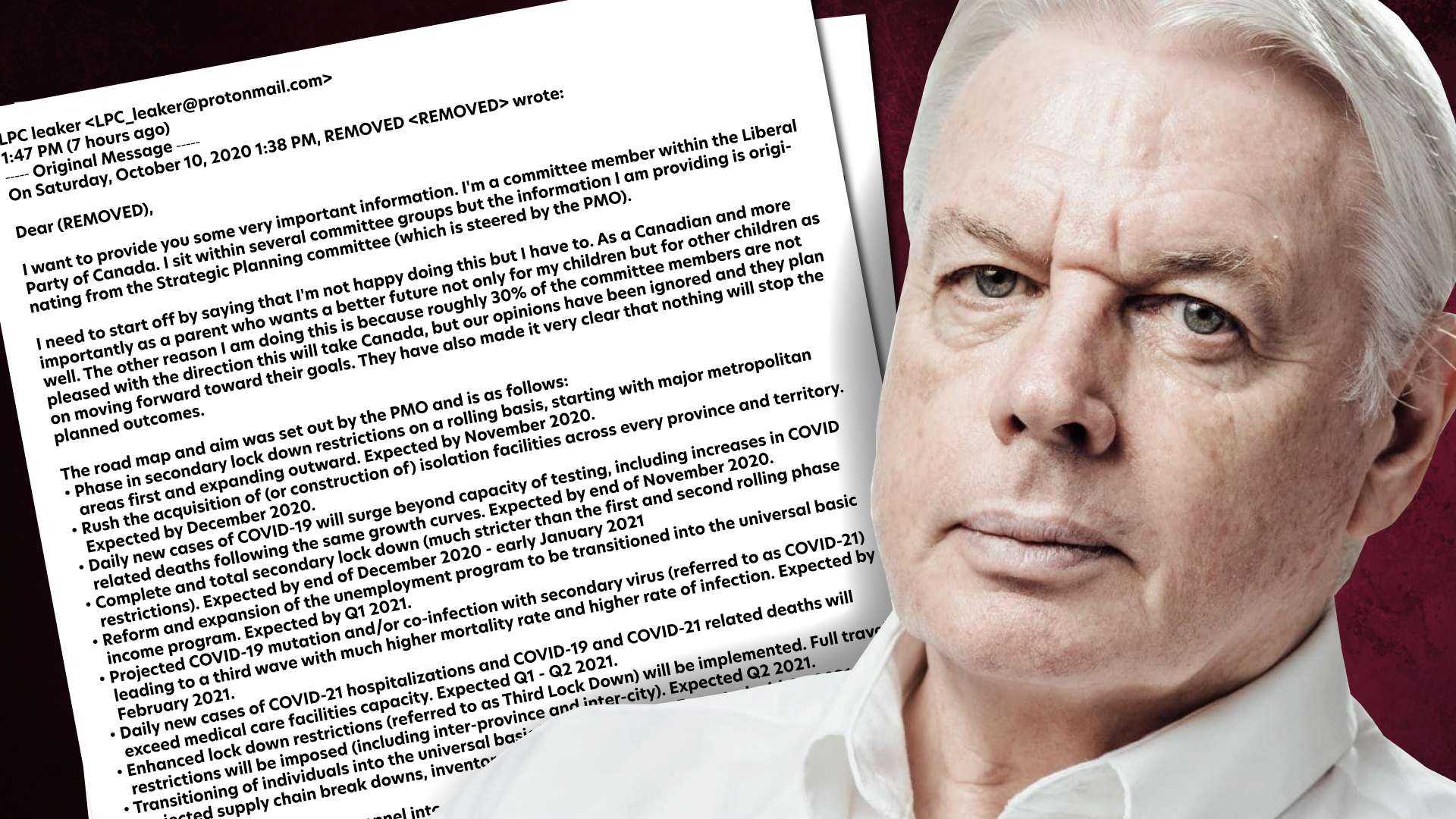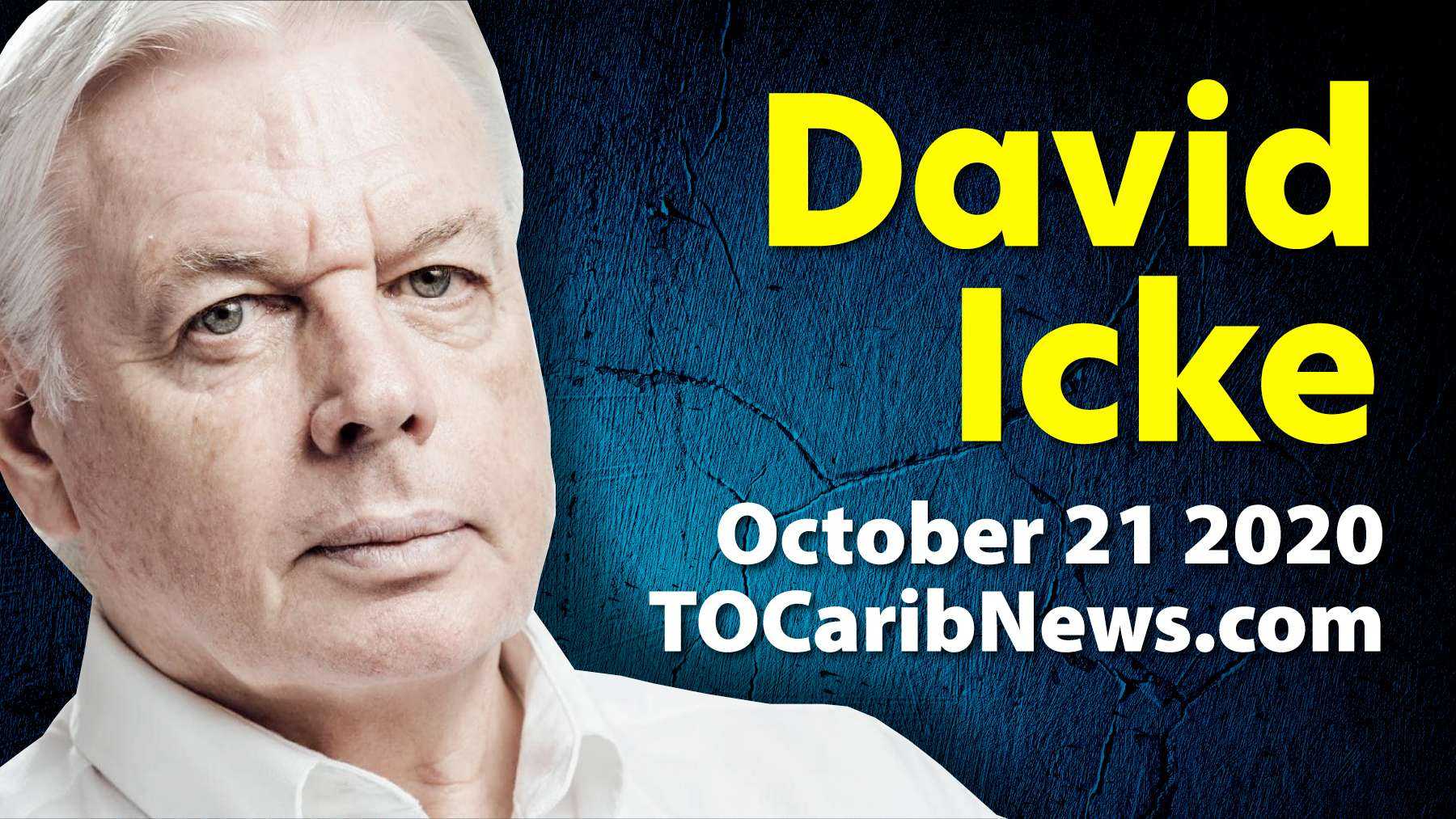BY SIMONE J. SMITH
“The Canadian Charter of Rights and Freedoms specify that severe societal restrictions must be justified by the severity of the threat and the necessity of the interventions.”
Joel Kettner (MD MSc FRCSC FRCPC)
As I drove around the city this weekend, I couldn’t help but think that our government seems to be setting us up for failure. In his announcement about the lockdown, Premier Ford noted that people should not panic buy. What do you think everyone has gone and done? The line ups are around the block, shelves are emptying again, and people are panicking.
We are now entering the second lockdown of the year. Now, at the beginning of this pandemic, there was a debate as to whether the lockdown was necessary. Eight months later the verdict is in; lockdowns did very little to save lives, and they were definitely not worth thousands of businesses closing and the severe economic costs. The collateral damage of these lockdowns will inevitably lead to far more deaths worldwide due to the social turmoil it will cause, and the disruptions in medical care and food supplies. I would also like to mention at this point that medical professionals have reported that lockdowns slow the development of herd immunity, which helps a society move past the virus.
Experts are slowly coming out to speak against these rolling lockdowns that are happening globally. Lockdowns are now being viewed as one of the biggest medical and economic blunders of all time. Now, I am not saying that we do nothing, but these heavy-handed policies have done little to actually help those who are vulnerable to the virus. In fact, it has inflicted unnecessary suffering on the global community.
I will say this; there are more people questioning this lockdown and for good reason. Many people were early supporters of lockdowns when fear and panic drowned out data and reason. Now that we are paying more attention to numbers questions are arising. The CDD currently estimated that COVID-19 has a survival rate above 99.9% for people under 65 years old. CDC also estimates that 37 to 187 children die every year from the flu. This year we have lost 105 children from the flu. Yet, we are closing down schools, which go a long way towards limiting the development of herd immunity.
As many of us now, every country has adopted extreme lockdown measures. Sweden for example, acted on scientific advice to handle their COVID-19 spread. They advised their citizens to take sensible social distancing steps, but didn’t close their schools or small businesses. The Swedes are actually in a much better place than us in the Western world. Their actions have made them immune from the second wave, having achieved “herd immunity.” Meanwhile, citizens of lockdown countries remain susceptible to the virus. It is beginning to look like these countries got it right, and we are still getting it wrong.
Experts are making a compelling case that although social distancing is an excellent way for individuals to avoid catching the virus; lockdowns of the economy, and the province simply are prolonging the life of the virus. I had the opportunity to speak with
Dr Joel Kettner, Manitoba’s first Chief Provincial Public Health Officer. I was interested in speaking with him after his interview on CBC radio. In his interview, he made some statements that caught my attention.
“I have never seen anything like this, anything anywhere near like this. I’m not talking about the pandemic, because I’ve seen 30 of them, one every year. It is called influenza. And other respiratory illness viruses, we don’t always know what they are. But I’ve never seen this reaction, and I’m trying to understand why.”
I will say this. Speaking with Dr Kettner is like sitting down with the family doctor you have had for years. Our interview ended up turning into a lecture because he had so much knowledge to share. I hope that you do get an opportunity to watch the interview. He asks the difficult questions, explains why the numbers and the reaction do not add up, and his issues with the PCR test.
Before my interview with Dr. Kettner, I read his article, “A new normal, or new abnormal? Change in direction needed on COVID-19 response.” This gave me an opportunity to see what his stance was on the topic. I have always found it strange that the new Ministers of Health would not consult with the Ministers who have come before them. Our ancestral past tells us that during times of current struggle, we should turn to our elders; those who have come before us, who may know a little more than we do.
In his article, he asked some pertinent questions, ones that I think we should take into consideration. Let’s take a look at some of these questions, and while you are doing so, I want you to come up with some answers for yourself.
What type of new normal do we want?
Do we want the continuation of restriction of commerce, travel, recreation, and social gatherings?
Do we want our children attending virtual and part-time school with forced physical distancing?
Do we want to continue discouraging human interaction and mandating the covering of smiles?
Should we just accept unremitting unemployment and economic hardship – especially for those in our community who are disproportionately affected by any world disaster?
Another aspect of this pandemic that Dr Kettner questions is the accuracy of the PCR testing. For many, the science behind it is very confusing, so during our interview, Dr Kettner took the time to break it down. Some of the Western nation’s leading public health experts are concerned that the standard tests are diagnosing huge numbers of people who may be carrying relatively insignificant amounts of the virus. A review by The Times found that in three sets of testing data that included cycle thresholds, compiled by officials in Massachusetts, New York and Nevada, up to 90% of people testing positive carried barely any virus.
Dr Kettner goes into detail about the cycle threshold. Most tests set the limit at 40, a few at 37. That means that you are positive for the coronavirus if the test process required up to 40 cycles, or 37, to detect the virus. When the thresholds are so high, the test may detect not just live viruses, but also genetic fragments, or leftovers from an infection that poses no particular risk. Any test with a cycle threshold about 35 is too sensitive. Virologists at the University of California believe that a reasonable cut-off would be 30 to 35, or even less.
Get this; C.D.C’s own calculations suggest that it is extremely difficult to detect any live virus in a sample above a threshold of 33 cycles. So if this is the case, what standards are we using to broadcast cases each day, and it leads to the next question; are we using these false positive tests to lockdown our countries?
Since we are talking about cases, let us take a look at the numbers. This is another aspect of the pandemic that Dr Kettner does not understand. He speaks strongly about putting things into perspective. In Manitoba, one per 25,000 Manitobans has died. That is less than 1% of all deaths. 20% of the ICU beds had admissions, and in a typical flu season, the majority of ICU beds are occupied with people who have a variety of viral and bacterial infections. This year, they are using up less than 1% of the ventilators.
Another aspect of this viral infection that we know is that it primarily affects older people. 80% of the deaths in Canada are in people over the age of 85, and are living in personal care homes. Based on Statistics Canada data, for every COVID-19 death, there have been 10 deaths from other causes.
You see this is the thing; we have lost sight of the other common causes of premature death and their pressure on the health system, including heart disease, cancer, chronic lung disease, and other injuries. Dr Kettner believes that instead of focusing on reducing the spread of the virus, there should be risk based analysis that will help health care professionals focus on those who are part of the high risk/vulnerable part of our society. He believes we should allow more freedom for everyday life for those who are at a much lower risk. Dr Kettner has dealt with a pandemic each year for over the last 30 years. I think he might know a thing or two about how to navigate them.
There needs to be clear evidence (which there is not) regarding the benefits of this most recent lockdown. There needs to be a clear reliable model that shows how many additional lives will be saved because of this lockdown. There needs to be policies that are more balanced, practical, tolerable and fair. We, as a community, should have the freedom to make informed decisions about our health.
Regardless, here we are again, going back into another lockdown, and maybe we should not be so forgiving of experts who seem to be okay with destroying people’s livelihoods without strong evidence, without due process, and without consideration to how this is going to affect the world in the future. Time will tell, but COVID-19 might just go down as one of the political world’s biggest, most shamefully overblown, overhyped and irrationally inflated and most flawed responses to a health matter in the world’s history.


 Junior Contributors1 week ago
Junior Contributors1 week ago
 Community News1 week ago
Community News1 week ago
 Community News7 days ago
Community News7 days ago
 Community News7 days ago
Community News7 days ago
 The Poetic Word1 week ago
The Poetic Word1 week ago
 Community News7 days ago
Community News7 days ago
 Community News4 days ago
Community News4 days ago
 Community News7 days ago
Community News7 days ago




































Michael
November 27, 2020 at 5:30 pm
Well Said and factual too.